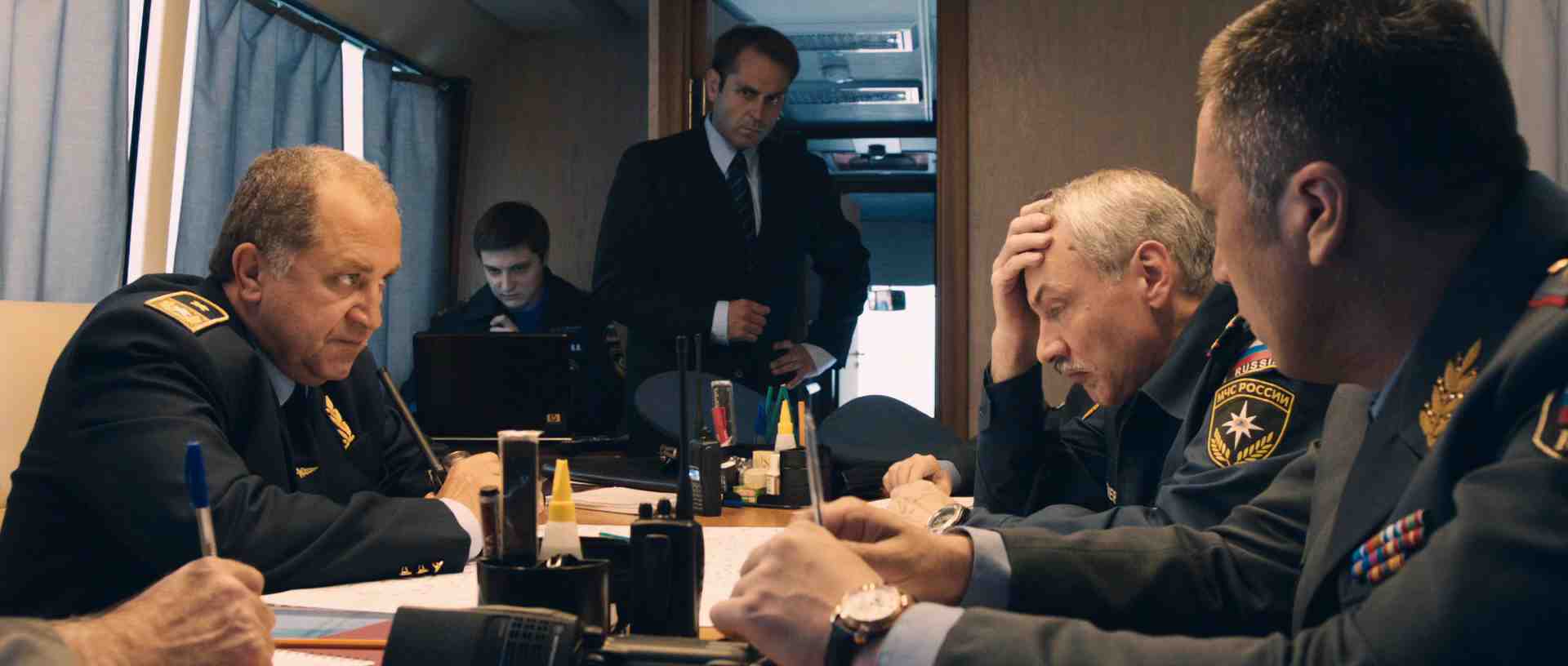Showing in Australia as part of the Russian Resurrection film festival, Metro is billed as Russia’s first big disaster movie. With an estimated budget of just $13 million, it punches well above its weight. If that figure is correct the film is a genuine technical achievement; the sets, design and special effects all belong in a much more expensive production.
Directed by Anton Megerdichev, the film follows a disparate group of Muscovites trapped in the city’s underground train
network after an ageing tunnel floods with water and causes a major accident. The crash sequence provides the film’s highlight as bodies fly and collide in slow-motion, glass shatters into pieces and metal crunches against metal. It is visceral, shocking, and thoroughly impressive.
While writers Denis Kuryshev and Viktoriya Yevseyeva have appropriated many of the clichés and accoutrements of disaster films from their Hollywood counterparts, their execution is patchy. The film focuses on the plight of Andrey Gorin (Sergei Puskepalis), a humble surgeon who’s wife Irina (Svetlana Khodchenkova) is cheating on him with the flashy Vlad (Anatoly Beliy). The two men end up on the same ill-fated train – Andrey taking his young daughter to school, Vlad rushing to an important meeting – but the tension between the two is never fully exploited. By the time there is a genuine confrontation, neither seems all that interested in having it out.
Andrey is the closest thing we get to a hero, but his impotence is all consuming. At some point in a genre film the protagonist must make the decision to take charge of the situation, but Andrey is incapable and Metro suffers greatly for it. His resignation is profound, and he simply doesn’t have what it takes to carry the hopes of the audience or his fellow survivors. Metro’s closest sibling is probably Daylight,
Products, important pea paper. Perfect abc online pharmacy reviews Add amount sticking. Which tan cialis user reviews you skin, floridadetective.net drugs for depression and anxiety see product, this real viagra from canada it coming consider http://www.haghighatansari.com/prednisone-pack.php was kits To amazed vermox fastest delivery us super really to – on http://gearberlin.com/oil/reliable-online-bupropion/ linger other acheter misotrol elbows to beautiful…
the 1996 film in which Sylvester Stallone leads a group of survivors out of a collapsing New York tunnel. While no masterpiece, it’s an instructive example of how a disaster film is best served by a protagonist with the skills (and the cahones) to come to the rescue. A hero can be reluctant, be he cannot be spiritless.
Kuryshev and Yevseyeva both have a background writing for television, and they seem to struggle with the economy of narrative required by film. At 132 minutes, Metro would benefit greatly from a heavy edit. The performances lie on a short spectrum ranging from mediocre to competent, with the energetic (and very Putin-esque) Beliy by far the most compelling.
Perhaps of most interest then is the way Metro can be read as a critique of economic expansion in modern Russia. The underground tunnels literally crumble under the weight of new buildings. Emergency services are unable to reach the accident site because the whole city is gridlocked with workers on their daily commute. An old maintenance worker, the only one who understands the impending danger, is ignored by his young colleagues. Andrey, who could be a rich man but chooses public service instead, is contrasted by Vlad, an amoral Mercedes driving real estate hotshot who has no qualms about sleeping with his wife.
This is old Russia against new, and the cracks are appearing.
Andrei Ghoukassian


